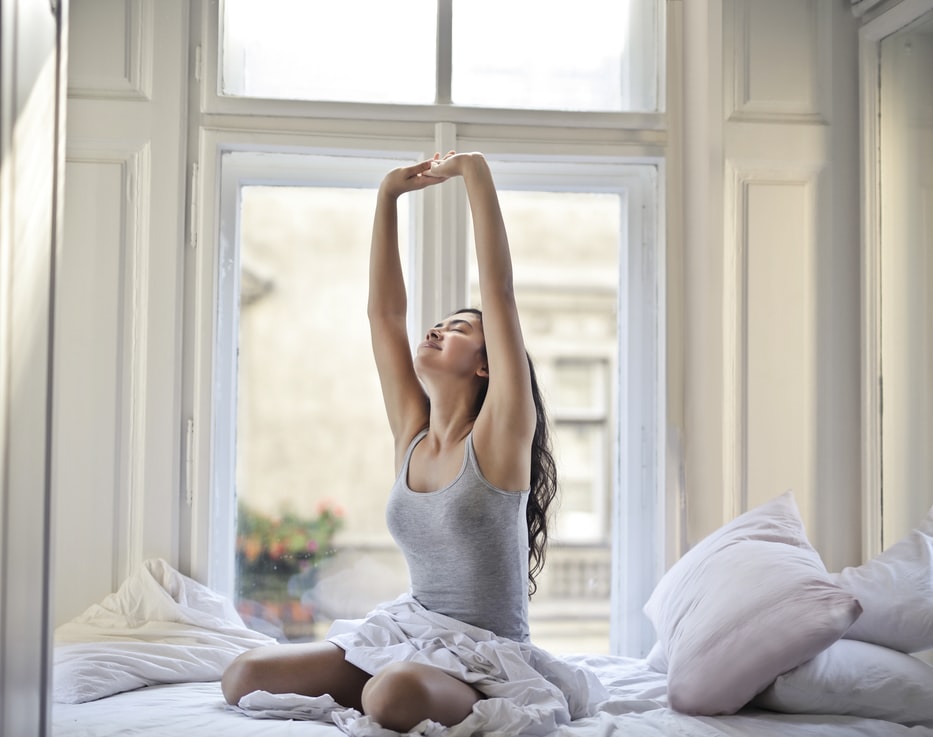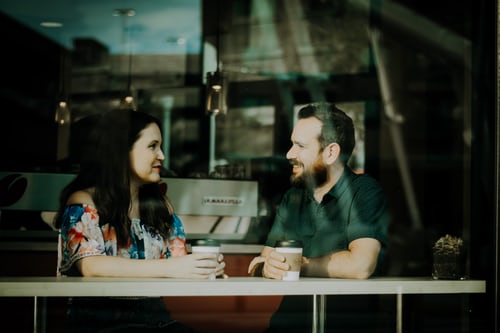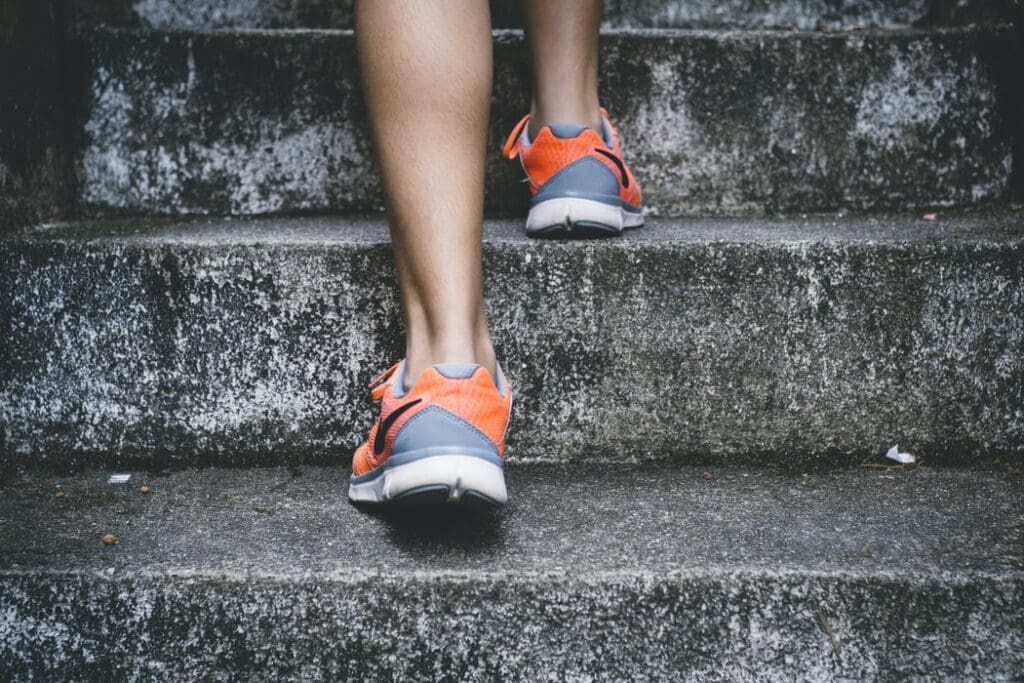Start the day on the right side of the bed with these tips from psychologist, Sabina Read, on how to improve your mornings.
You are either a morning or night person – often, there is no in between.
However, Pureprofile, carried out research with more than one thousand Australians, and found that as a result of the lockdown, more than fifty percent of people are waking up earlier, with fifty nine percent waking up before 7am.
This means half of the Australian population are now getting up earlier, by changing their morning routines.
Psychologist and media commentator, Sabina Read, believes that this latest research on early mornings is “speaking on what we know about human behaviour” and by making healthy choices, including waking up earlier, people feel a sense of agency and optimism.
“We really are hard-wired to operate during daylight hours. So, the earlier we get up, the more daylight hours we get into our day and our bodies respond to that with greater levels of happiness, better mental health, lower risk of depression”.
“The research is telling us that people are really maximising this earlier window, these morning hours, increase exposure to sunlight, and also creating more time in their day to do things that create enjoyment and pleasure”, she explained.
But how are Aussies doing this?
Here are Sabina’s simple tricks to improve your mornings:
1. Waking Up In 15-Minute Increments
One way to start consistent early mornings rising in through 15-minute increments. Sabina describes this technique by waking up 15 minute earlier each day.
“If you typically get up at 8am, then tomorrow wake up at 7:45, the next day at 7:30, the next day at 7:15, and the next day at 7am – you’ll be able to pull your start time back to an earlier start without it being too much of a shock in the system”, she said.
This can be an effective start to a daily healthy routine, instead of trying to change morning hours “too dramatically” as the body can get distressed because it can feel too much like jetlag.
“You want to just have smaller incremental shifts until you’re getting up at the time that feels you’re getting the most out of your mornings”, said Sabina.
Sabina is also not a fan of the snooze button and pushes people not to be tempted to use it.
“It’s better when your alarm goes off and you just let your feet hit the ground and start the day.
“That continual snooze button hitting is not that useful and instead go to bed fifteen minutes earlier”, she said.
2. Create Morning Rituals
Creating rituals in the morning, such as having a bowl of cereal, grabbing a coffee or reading the paper, can “help us feel more positive, settled and structured”, says Sabina.
“When people wake up earlier, they felt like they had time to grab the day to do things they might not have done if they woke up later”.
“These kinds of rituals are really important to help us feel a sense of stability in the day, particularly with the uncertainty going on in the world around us”.
“[the research found] more than a quarter were starting work early and around twenty-four percent were cleaning the house. So, what we’re seeing there is idea of ‘how can I create some cadence in my life that feels familiar and useful. Finding some kind of anchor to the day is important,” she said.
3. Save The Mornings To Connect With Others
According to the research, thirty-five percent of Aussies feel a stronger connection with their families when they spent the morning eating breakfast together.
Sabina said that “when we feel connected, when we’re feeling tuned with the people that matter to us, then that’s going to help us start the day feeling more optimistic”.
During the lockdown, connecting with others was a difficult factor to stay positive, especially in the mornings.
However, Sabina believes everyone has a choice to connect with others, even if it’s not face-to-face.
“I think choice is an important component to think about ‘how can I feel connected’ and ‘how can I recreate that in different ways’”, she said.
4. Morning Exercise
To help shift a stubborn mood in the morning, Sabina suggested exercise can create a change in mindset.
“I think exercise is probably one of the most potent components: exercise helps us shifts the way we feel about ourselves, whether we’re doing it alone or in a team setting”.
“Even the word ‘exercise’ puts some people off, so I just like to talk about moving your body which might be walking the dog, go for a swim or doing an online class – it doesn’t really matter”, she said.
Additionally, exercise helps to induce sleep, as well as the other techniques Sabina has suggested, creating a healthy routine.
“There’s this cycle here – if we’re not exercising, if we’re not getting up early, if we’re not connecting with loved ones then we tend to struggle at the end of the day and groundhog day repeats itself”, she said.
So, What’s The Take-Away Here?
Being aware of what our body is capable of after 2020, Sabina said it’s important to understand what we need to function to stay positive.
“I think we know in ourselves when we’re struggling, we kind of know what we need to do. It’s not some magic bullet that’s going to make us feel amazing if we’re not practising those basic self-care behaviours and rituals in our lives.”
“Instead of thinking about behaviours we shouldn’t do, I like to think about behaviours that are useful and will serve us well. I think when we tell ourselves psychologically, ‘I will not have coffee’ or ‘I must not push the snooze button’, it becomes the elephant in the room and then we just want to have coffee and push the snooze button.”
“Ultimately, the only person that’s responsible for those behaviours and choices that impacts our moods in positive ways, are ourselves”, said Sabina.
The research was carried out for Kellogg’s






